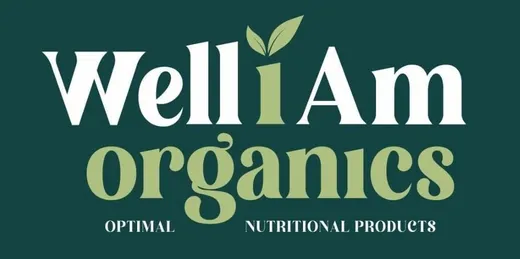Menu
Remineralizing Activated Charcoal Toothpowder (200ml)

Tooth enamel is the highest mineralized element of your body, and our tooth powder helps prevent the demineralizing of enamel. It works by absorbing and polishing away stains and plaque that form on your teeth. With it’s added antibacterial and antifungal properties, our remineralizing tooth powder assists in reducing gum pain, tooth decay, and bad breath.
The main ingredient in our homemade tooth powder is bentonite clay. Years ago, I became a big fan of bentonite clay for its amazing health properties. Not only does it bind and draw out heavy metals and toxins (a big plus for the mouth!), but it’s also mineral rich.
Bentonite is also rich in calcium, magnesium, and silica to help nourish teeth. So how does it work? Bentonite clay is unique because once mixed with water the molecules develop an electrical charge. This charge attracts and soaks up toxins, drawing them into the inside of the clay structure and holding them there.
Our second ingredient is activated charcoal.
The main benefits of charcoal in our toothpowder is related to its adsorptive properties, which allow it to bind with and remove substances from the tooth surface. Some of the benefits of charcoal toothpowder include:
– Removing extrinsic stains and making the teeth appear whiter: Extrinsic stains are those that accumulate on the outer layer of the tooth enamel, due to exposure to certain foods, drinks, tobacco, or other factors. Charcoal toothpowder can adsorb these stains and result in a brighter smile. However, charcoal cannot remove intrinsic stains, which are those that affect the inner layer of the tooth dentin, due to aging, trauma, medication, or other causes. For intrinsic stains, chemical whitening or bleaching treatments are more effective.
Plaque is a sticky film of bacteria that forms on the teeth and gums, and can cause tooth decay, gum disease, and bad breath. Charcoal can adsorb plaque and reduce the bacterial load in the mouth. This can help prevent oral infections and inflammation and improve oral hygiene and freshness.
– Changing the pH balance in the mouth: The pH level in the mouth indicates how acidic or alkaline it is. A lower pH means more acidity, which can erode the tooth enamel and increase the risk of cavities. Charcoal toothpaste can bind with acidic components in the mouth and raise the pH level. This can protect the tooth enamel from demineralization and decay.
– Being natural and eco-friendly: Many people prefer charcoal toothpowder over conventional toothpaste because they perceive it as a more natural and environmentally friendly option. Charcoal toothpaste is usually made from organic sources of carbon, such as coconut shells or bamboo. It may also contain fewer synthetic chemicals or additives than regular toothpaste.
Ground cloves – Naturally antioxidant and a broad-spectrum antimicrobial. Clove freshens breath, increases circulation for healthier gums, soothes inflammation, and can reduce the pain of sensitive teeth. It also gives the tooth powder a yummy taste.
Cinnamon – Also antimicrobial and antifungal (especially against candida). Tastes great and helps discourage bacterial growth in the mouth for fresh breath. Reduces gum inflammation and increases circulation.
Directions for use.
Store away from direct light and heat While it doesn’t have any water and the ingredients are antimicrobial, be sure to avoid getting the tooth powder jar wet. Always put a little powder into your palm before applying it to a wet toothbrush. Never dip the brush into the jar of powder as this introduces bacteria.
The texture may take time to get used to, but once you do, you’ll love it.

